Fellow Friday | Farming

This summer we’re closing out each week with a look at what some of our grant recipients are tackling with their fellowships. Topics so far have included: Music Education, American History, Indigenous Studies, English Language Learners, Gender Studies, Astronomy, Holocaust Studies, Global Citizenship, Health & Well-Being, Math Education, World Cultures, Geography and even Anthophilia (the study of bees).
Click here for a complete list of grant recipients
This year, we received a surprising number of proposals from teachers wanting to pursue various aspects of farming and agriculture education, including aquaponics, sustainability, school gardens and food deserts. Meet a few of these Fellows extending the walls of their classrooms into their school campuses and surrounding communities…
[minti_divider style=”3″ icon=”” margin=”20px 0px 20px 0px”]
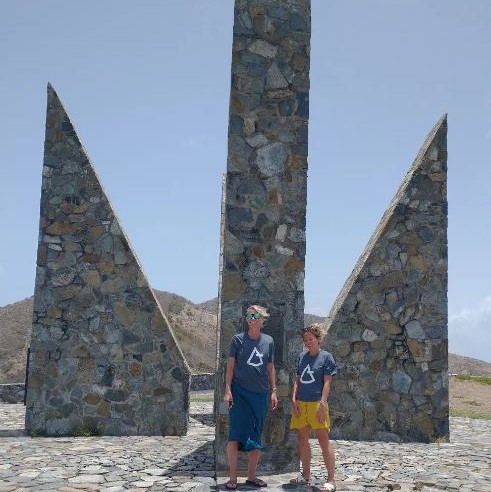 Sara Ballard & Julia Welsh | Rockrimmon Elementary IB School – Colorado Springs, CO
Sara Ballard & Julia Welsh | Rockrimmon Elementary IB School – Colorado Springs, CO
Explore the world of hydroponics in the U.S. Virgin Islands to guide fifth graders’ design and construction of a hydroponics system that supports a new transdisciplinary unit of inquiry that connects science standards of plant needs, water on Earth, and the protection of Earth’s resources. (Follow their learning on Instagram @rooted_in_growth5.)
“Hydroponic systems use 90% less water than traditional gardening because a large portion of the water used in soil-based gardening is lost into the ground and not absorbed by the plants. Similar to the US Virgin Islands, water is also a valued resource in Colorado, which has a semi-arid climate and water is a very limited resource. Once back in Colorado, our 5th-grade team will create a 6-week IB unit of inquiry where we teach our students about hydroponic systems and how they relate to ecosystems, plant growth, decomposition, and Earth’s water use. Our school already has a large beautiful pollinator garden and greenhouse on the west side of the school, which is run by our 5th-grade team with help from students. We successfully transformed the garden four years ago and we bring this vast experience to implementing a hydroponics system.”
Amy Duffy, Regan Marti & Ben Noetzel | Monarch Academy Glen Burnie – Glen Burnie, MD
Research in Costa Rica how local organic farming and other sustainability practices benefit local communities and the environment to expand students’ cultural frame of reference and diversify their perspectives on the impact of sustainable farming and the protection of the rainforest.
“Through tours and interviews with locals, we can bring our students a greater volume of primary sources including various plant and animal species of the rainforest, sustainable agriculture practices and an understanding of the importance of a local ecosystem to a community. We can bring first hand accounts from people who live near rainforests on its importance and communities experiencing the positive impacts of local and viable agriculture.”
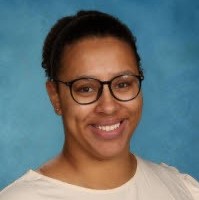 Lexis Foster | Mohegan Elementary School – Uncasville, CT
Lexis Foster | Mohegan Elementary School – Uncasville, CT
Experience farm stays across Spain to develop a working knowledge of health, eating habits and food culture that helps elementary students build awareness of where food comes, its distribution and how it fuels our bodies.
“Seeing the education system lack health and food awareness in my district and curriculum, I am determined to bring my learning back from Spain back to my students. After researching farm stay experiences and cultural immersion opportunities in Spain, I will have a deeper knowledge of where food comes from and its distribution. I want to inspire my students to think about the process it took for the food on their table to arrive to them and how that food is fueling their bodies. Through this fellowship I will bridge my passion for food with my students’ health while encouraging healthy eating habits.”
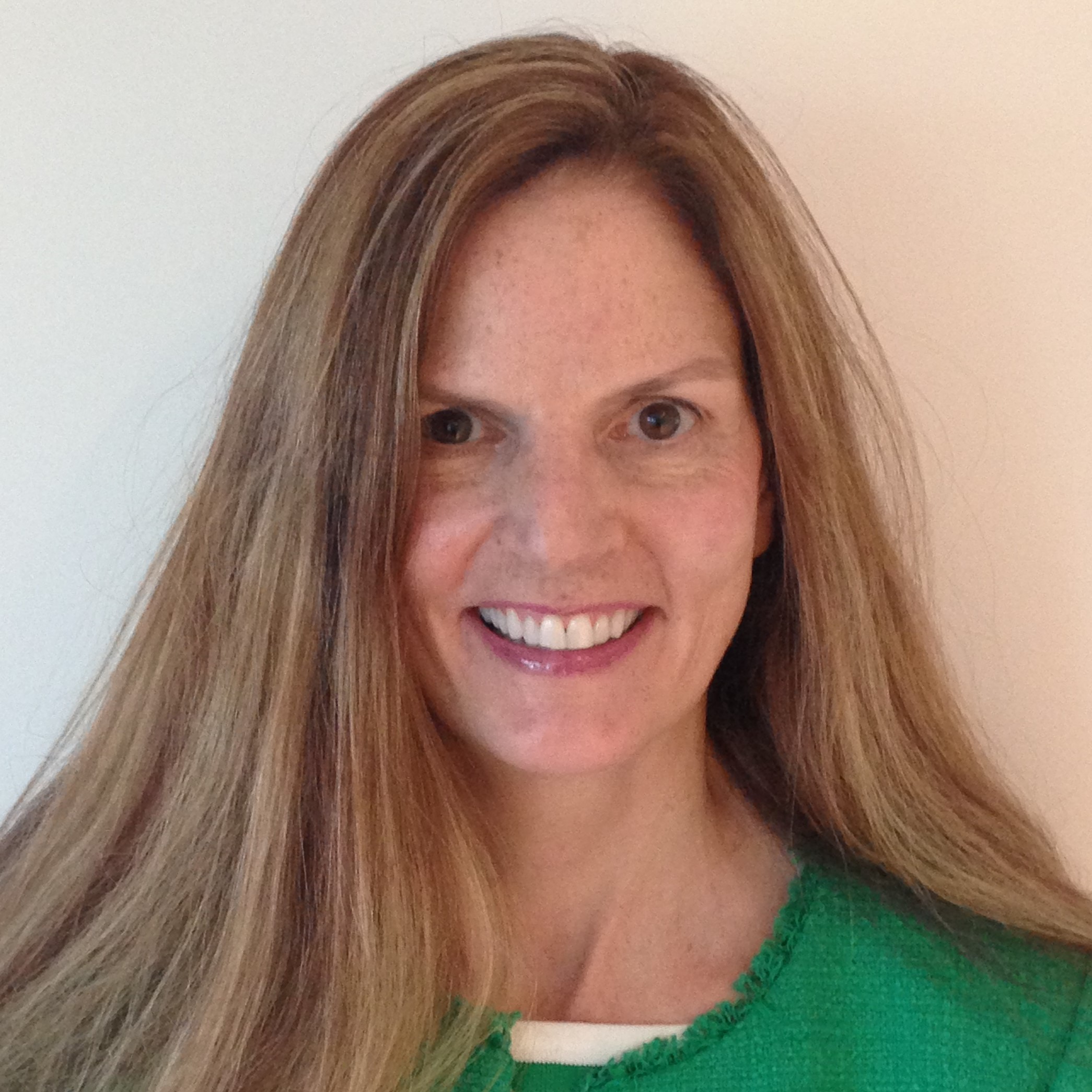 Lori Howell| Wayland Union Middle School – Wayland, MI
Lori Howell| Wayland Union Middle School – Wayland, MI
Join an Earthwatch expedition in Costa Rica studying the impacts of climate change on pollinators, then work alongside local farmers attempting to mitigate these changes by planting trees in experimental plots, to replicate a pollinator studies project with students on the school grounds.
“I will be taking personal action to improve our environment today which gives me hope for our future. With our warming planet we are seeing rising sea levels, increased frequency and intensity of weather events, and species loss. These consequences lead to socio-economic impacts for humans including food insecurity, lack of clean water, loss of livelihoods, and negative health impacts. Through this opportunity, I can help mitigate some of these issues in Costa Rica and at home and inspire my students to do the same.”
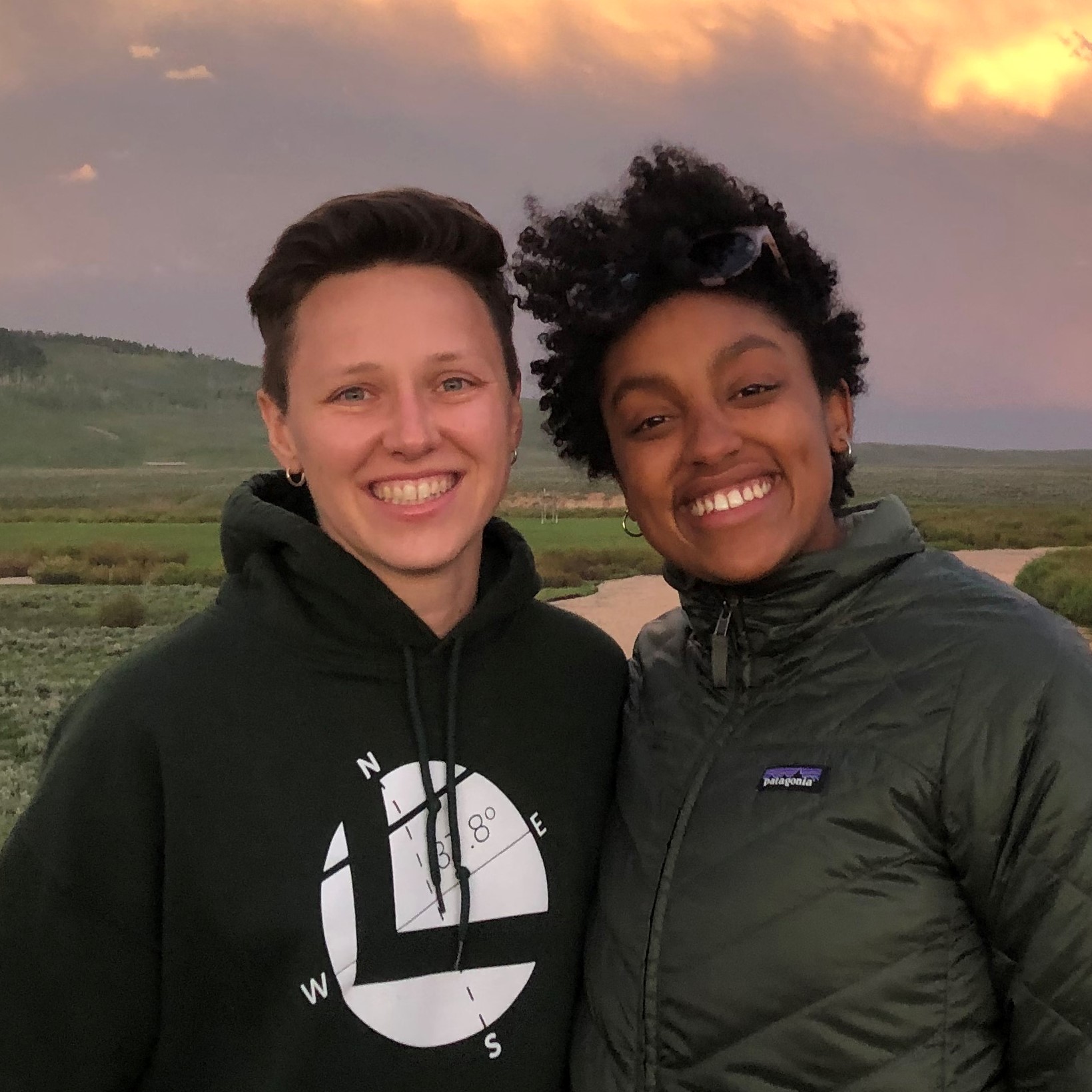 Summer Johnson | Lodestar Community Charter – Oakland, CA
Summer Johnson | Lodestar Community Charter – Oakland, CA
Lex Schoenberg | Latitude 37.8 High School – Oakland, CA
Volunteer on, then bicycle between sustainable farms from Whistler, British Columbia, to Portland, OR, to create faming programs rooted in critical hope and climate change resistance at two Title I schools. (Follow their learning on Instagram @teachntour.
“The city we live in is stratified by race and class, and a large portion of the population we serve has limited access to fresh and healthy food, to green spaces like parks, farms, gardens, and many lack access to information about nutrition and where their food comes from. Both of us feel confident in our ability to teach about the causes and effects of an unsustainable food system. However, neither of us have first-hand or practical experience with sustainable farming practices, nor do our curricula focus on sustainable alternatives. We feel as though conversations about our food are incomplete without imagining a better future and seeing concrete solutions to the problems we study.”
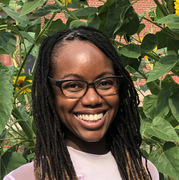 Brandy O’Neal | Paul Revere Elementary – Chicago, IL
Brandy O’Neal | Paul Revere Elementary – Chicago, IL
Participate in trainings, conferences, and a farm immersion programs through Shelburne Farms’ Project Seasons for Young Learners, the Soul Fire Farm Immersion in Petersburg, NY, and the New York Botanical Garden in the Bronx to learn strategies for integrating nature-based education in my classroom that promote deep learning, identity building, and health and wellness.
“I could read a book, watch webinars, and download curricula—all of which I’ve done before and will continue doing. However, it is essential that I create content that is most meaningful to my school and community. And there’s nothing like experiential learning. Being the student during these journeys will make me a better teacher when I facilitate the same learning experiences for my students.
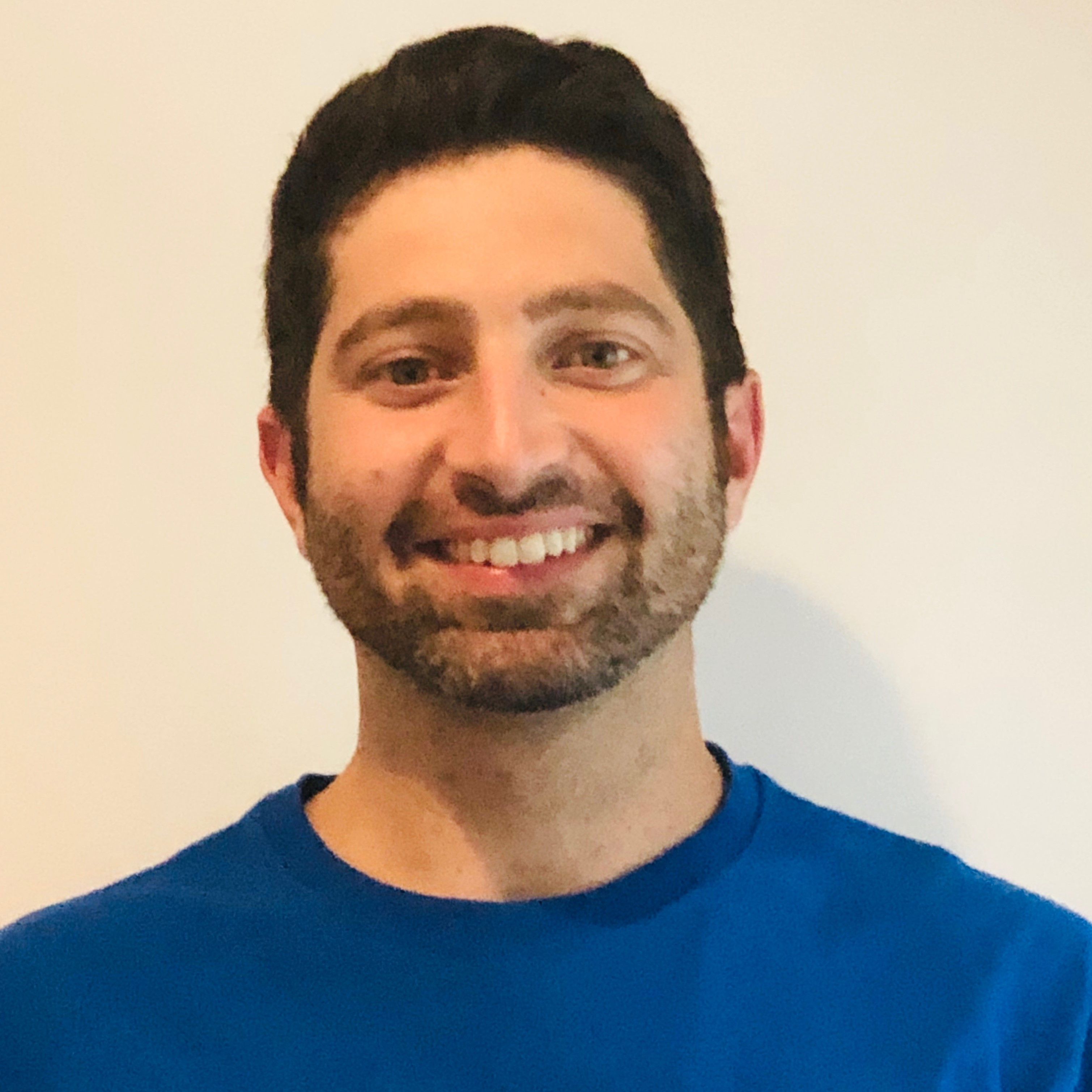 Matthew Shea | Old Saybrook Middle School – Old Saybrook, CT
Matthew Shea | Old Saybrook Middle School – Old Saybrook, CT
Research ways to incorporate regenerative farming, holistic nutrition, and earth healing along the coast of Maine into a physical education and health curriculum that promotes wellness and connection with nature.
“My passion is to give my students the best opportunity to be well- physically, emotionally, mentally, socially and environmentally. I believe to foster this connection, our students need innovative education about mindfulness, connecting with nature, connecting with the food they eat, opening their minds to how they can do their part in making the planet a better place and in turn create a positive and healthy environmental and social climate in the world around them. Through my experiences at Funds for Teachers, I will be able to network with other educators in my field of students and professionals in the world of regenerative farming, wellness and nature.”
 Danielle Smith | Tallulah Falls School – Tallulah Falls, GA
Danielle Smith | Tallulah Falls School – Tallulah Falls, GA
Complete in the Ecuador’s Andes Mountains and around the Cotopaxi volcano an outdoor educator course in preparation for the launch of a program that give students a hands-on permaculture experience through the restoration of an old farm on school grounds.
“My learning goal is to advance my knowledge of environmentally sustainable farming practices, outdoor education curriculum, and leadership skills in order to bring that knowledge back to my classroom and start engaging students with meaningful outdoor education projects that begin to eradicate mindless existence. Thinking is powerful. I want to begin to give the power of thought to my students by shaking them out of the ‘normal routine’ of crazy online learning and bring them back out into the natural world, and in biology, I have the perfect subject area to start.”
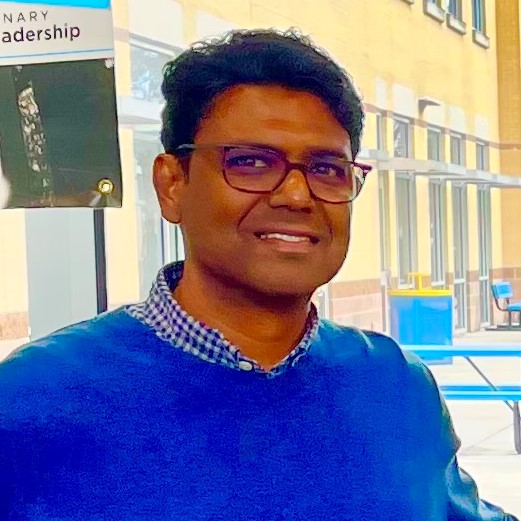 Surendra Surujdeo-Maharaj | Booker T. Washington High School – Houston, TX
Surendra Surujdeo-Maharaj | Booker T. Washington High School – Houston, TX
Complete mini-internships with Ohio State University’s Horticulture Division; Baker Creek Heirloom Seed Company in Mansfield, MO and Fairchild Botanical Garden in Miami, FL to research the current state of Controlled Environment Agriculture and inform three classes on the use of agriculture as a tool to address climate change and food insecurity. (Follow Surendra’s learning on Twitter @SurujdeoMaharaj.)
“My problem of practice is insufficient knowledge and practice in the areas of climate conscious food production in outdoor and controlled environments, post-harvest processing, quality control, value addition, marketing, and distribution. It is important to address this problem of practice by building a curriculum aimed to address the issue of food insecurity surrounding food deserts in urban schools to bridge the gap between knowledge and practice.”
[minti_divider style=”3″ icon=”” margin=”20px 0px 20px 0px”]
“Now more than ever, it is imperative that we invest in the most important component of any classroom — the teacher,” said Karen Eckhoff, Executive Director of FFT. “Educators are facing countless challenges every day, and Fund for Teachers is dedicated to further diversifying the ways that we can support them. Our grants represent trust in teachers’ professionalism, creativity, and vision, offering flexibility to meet the unique needs of each classroom, with the students remaining the ultimate beneficiaries as they continue to grow and learn in today’s ever-changing world.”
We look forward to introducing you to more 2022 FFT Fellows next Friday!
 Back to Blogs
Back to Blogs